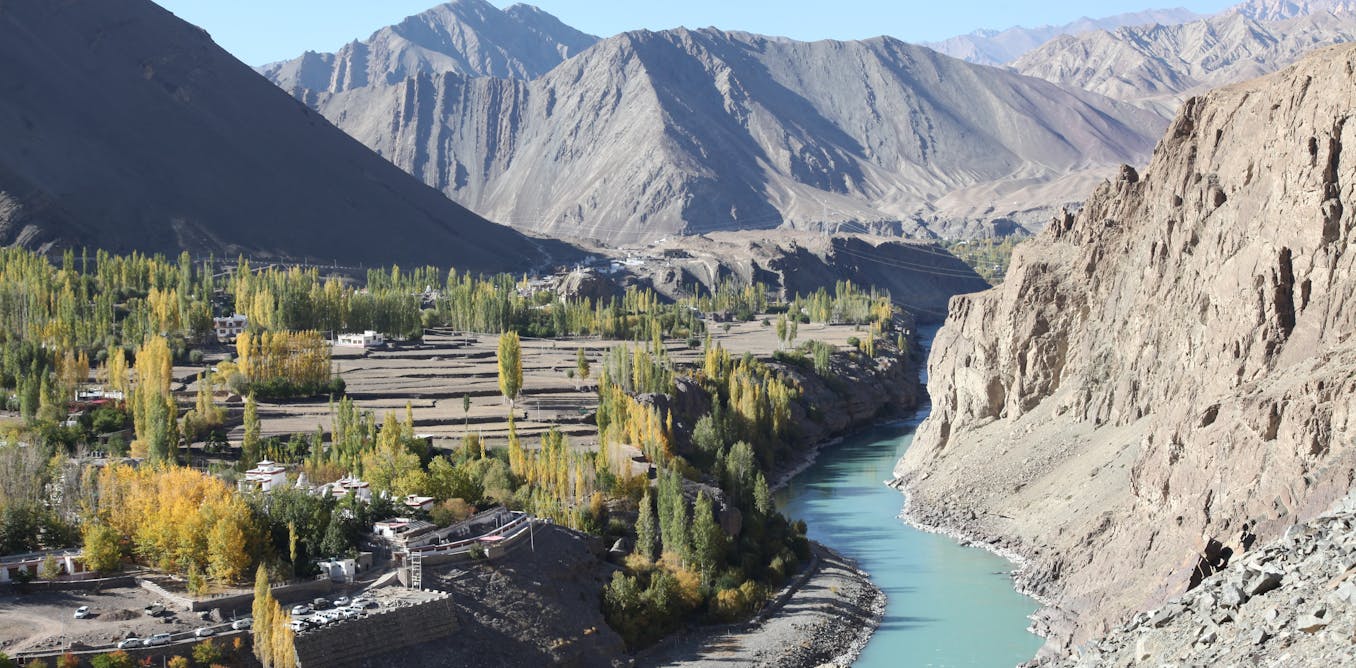Now Reading: Tensions over Kashmir and a warming planet have placed the Indus Waters Treaty on life support
-
01
Tensions over Kashmir and a warming planet have placed the Indus Waters Treaty on life support
Tensions over Kashmir and a warming planet have placed the Indus Waters Treaty on life support

In 1995, Ismail Serageldin, Vice President of the World Bank, cautioned that while the conflicts of the past century were centered around oil, the wars of the future would revolve around water. Three decades later, this prophecy is being put to the test in the volatile region of Kashmir.
On April 24, 2025, the Indian government announced a downgrade in diplomatic relations with neighboring Pakistan following a militant attack in Kashmir that claimed the lives of 26 tourists. As part of this diplomatic cooling, India declared the immediate suspension of the Indus Waters Treaty, an agreement dating back decades that regulated water sharing between the two countries. In response, Pakistan vowed reciprocal actions and cautioned that any interference with its water supply would be viewed as an act of war.
The recent escalation in tensions has a deep-rooted history, and ongoing research at the Ohio State University’s Indus Basin Water Project is focused on examining the transboundary water dispute between Pakistan and India. I am presently in Pakistan conducting fieldwork in Kashmir and throughout the Indus Basin. The geopolitical tensions in the region, exacerbated by the recent events in Pahalgam, Indian-administered Kashmir, pose a significant threat to the water treaty, as does the impact of climate change.
The Indus River has been a lifeline for civilizations for millennia, but its control has been a source of contention between India and Pakistan since the partition of India in 1947. The Indus Waters Treaty, brokered by the World Bank in 1960, aimed to divide the Indus Basin between the two nations, granting India control over certain eastern rivers and Pakistan over western rivers. However, the treaty did not account for factors like climate change, groundwater management, and the rapid melting of glaciers that feed the river system.
The melting glaciers in the Himalayas, which supply a significant portion of the Indus River’s flow, are shrinking at alarming rates due to climate change. This poses a challenge to the long-term sustainability of the treaty and the availability of water for the millions of people dependent on the Indus River Basin. Additionally, the treaty’s focus on surface water distribution neglects the management of groundwater extraction, leading to overexploitation and depletion in the region.
Kashmir, a disputed territory at the heart of tensions between India and Pakistan, has not been adequately addressed in the treaty. The region’s hydrological and political concerns remain unattended, impacting its agricultural and hydropower potential. Disputes over hydropower projects in Kashmir have further strained relations between the two countries, highlighting the treaty’s shortcomings in managing transboundary water conflicts.
As the future of the Indus Waters Treaty hangs in the balance, any reforms or renegotiations must consider the significance of Kashmir’s hydrology and involve voices from across the region to ensure a more equitable and sustainable framework for transboundary water management.






